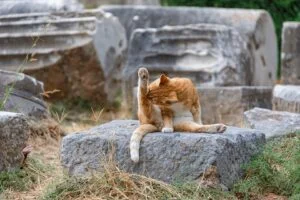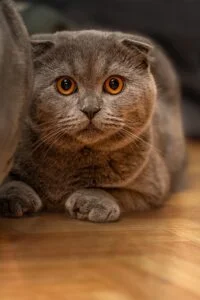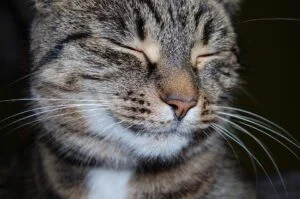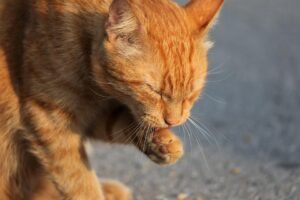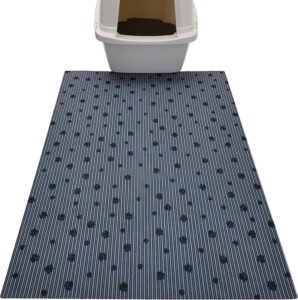
Ragdoll cats are known for their striking appearance, gentle temperament, and affectionate nature. These beautiful felines have become increasingly popular among cat lovers worldwide. One of the most common questions that prospective Ragdoll cat owners have is about their lifespan. In this article, we will delve into the mysteries surrounding the Ragdoll cat lifespan, exploring factors that influence their longevity and providing tips on how to ensure a long and healthy life for your beloved Ragdoll companion.
Ragdoll cats are a relatively new breed, originating in the 1960s in California. They were created by a breeder named Ann Baker, who crossed a white Persian cat with a Birman cat to produce the distinctive Ragdoll characteristics we see today. Ragdolls are known for their large size, striking blue eyes, and beautiful colorpoint coat patterns. They are also famous for their docile and laid-back temperament, making them ideal pets for families and individuals alike.
On average, Ragdoll cats have a lifespan of 12-17 years, although some may live even longer with proper care and attention. Like all cats, Ragdolls require regular veterinary check-ups, a balanced diet, and a safe and stimulating environment to thrive. Genetics play a significant role in determining a cat’s lifespan, so it is essential to choose a reputable breeder when acquiring a Ragdoll kitten. Responsible breeders will conduct health screenings and genetic testing to ensure the health and well-being of their cats and kittens.
One of the factors that contribute to the Ragdoll cat lifespan is their size and breed characteristics. Ragdolls are a large and robust breed, with males weighing between 12-20 pounds and females weighing between 8-15 pounds. Their size and build can affect their overall health and longevity, so it is crucial to monitor their weight and provide a balanced diet to prevent obesity and related health issues.
Another factor that influences the Ragdoll cat lifespan is their genetic predisposition to certain health conditions. Like all purebred cats, Ragdolls may be prone to specific genetic disorders, such as hypertrophic cardiomyopathy (HCM), a common heart condition in cats. Regular cardiac screenings and monitoring can help detect and manage HCM early, increasing the chances of a longer and healthier life for your Ragdoll companion.
In addition to genetic factors, environmental factors also play a significant role in determining the Ragdoll cat lifespan. Providing a safe and stimulating environment for your cat is essential for their physical and mental well-being. Ragdolls are indoor cats and should be kept indoors to protect them from potential dangers such as traffic, predators, and infectious diseases.
Regular exercise and mental stimulation are crucial for maintaining your Ragdoll cat’s health and longevity. Interactive toys, scratching posts, and climbing trees can help keep your cat active and engaged, preventing obesity and boredom-related behaviors. Regular playtime and bonding activities with your Ragdoll cat can also strengthen your bond and enhance their overall well-being.
Diet plays a vital role in supporting the Ragdoll cat lifespan. A balanced and nutritious diet is essential for maintaining your cat’s health and vitality. Ragdolls are prone to obesity, so it is crucial to feed them a high-quality diet that is appropriate for their age, activity level, and weight. Avoid overfeeding and feeding table scraps, as this can lead to weight gain and related health issues.
Regular veterinary check-ups are essential for monitoring your Ragdoll cat’s health and detecting any potential issues early. Your veterinarian can provide guidance on preventive care, vaccinations, parasite control, and dental care to ensure your cat’s well-being. Be alert to any changes in your cat’s behavior, appetite, or appearance, as these can be early signs of health problems that require prompt attention.
In conclusion, the Ragdoll cat lifespan is influenced by a combination of genetic, environmental, and lifestyle factors. By providing a loving and nurturing home, regular veterinary care, a balanced diet, and plenty of exercise and mental stimulation, you can help ensure a long and healthy life for your Ragdoll companion. With proper care and attention, your Ragdoll cat can live a happy and fulfilling life by your side for many years to come.
